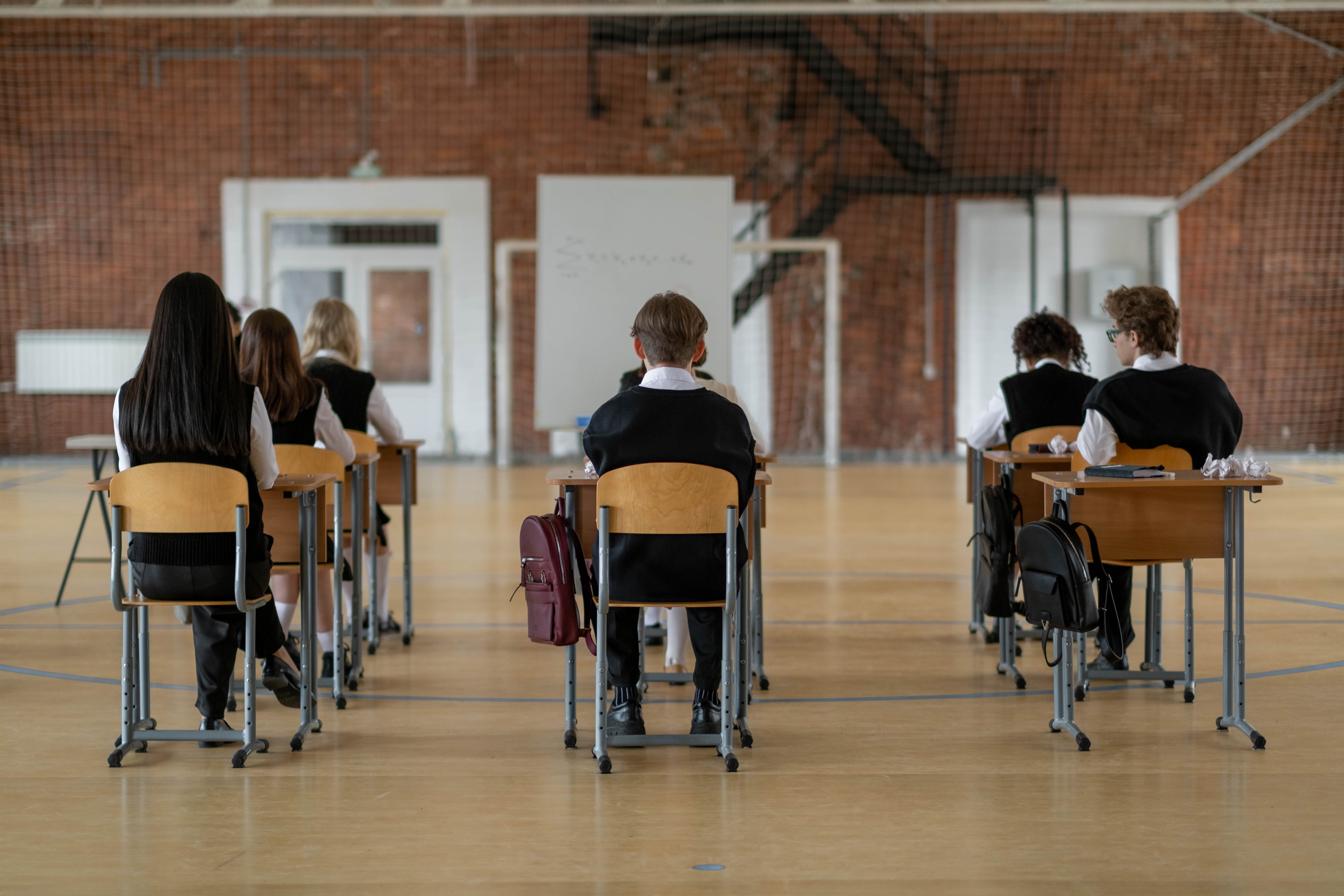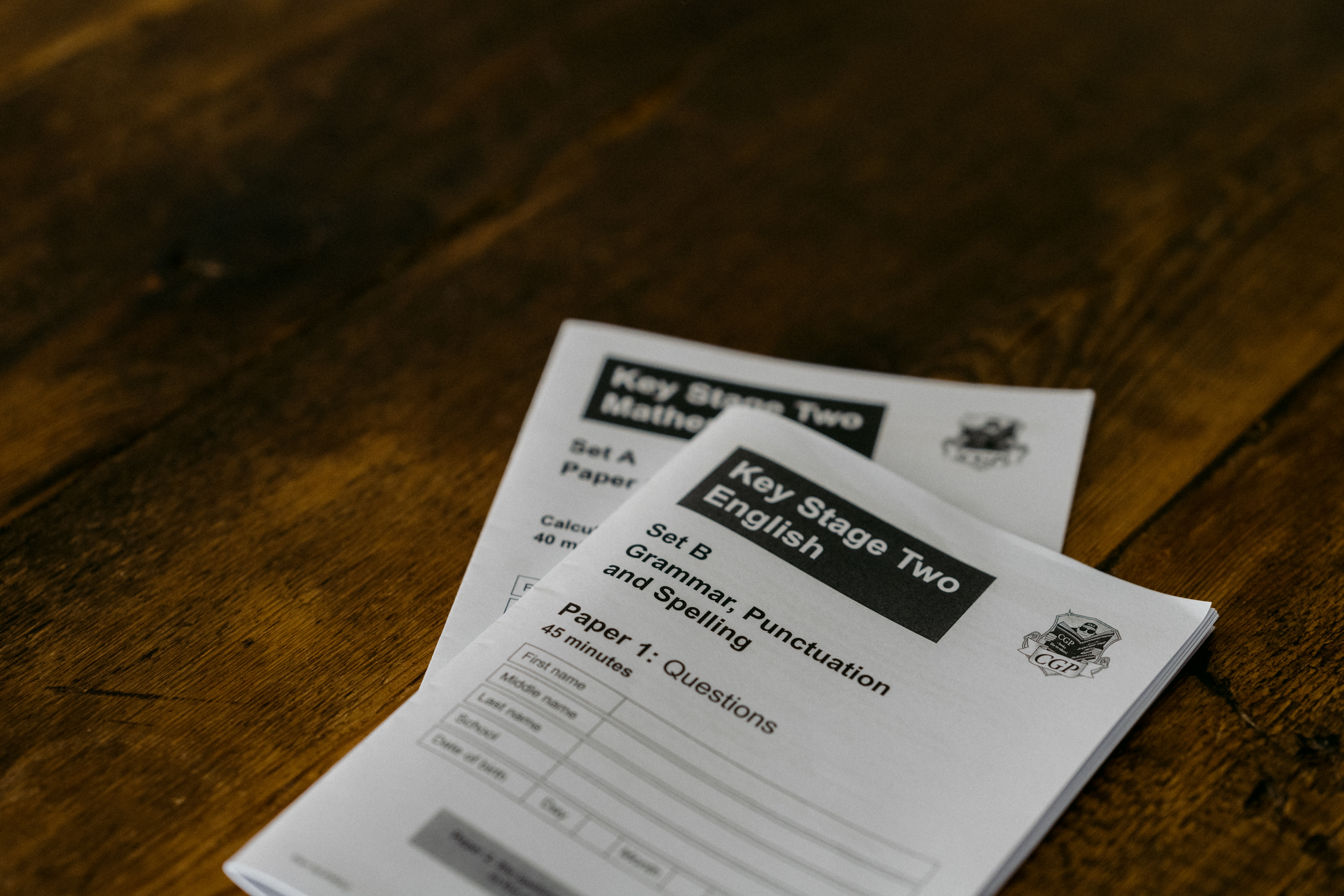Year 6 Teacher: Your KS2 SATS Preparation Tips

SATs preparation for year 6 is approaching. It’s that time of year when Year 6 teachers become ‘ninja like’ throughout the school building. They appear and disappear from the staffroom in the blink of an eye, moving at lightning speed throughout the corridors, and having hushed conversations with colleagues about revision plans, intervention groups and practice sessions. SATs preparation can be a challenging experience for teachers and children alike, so to help keep you on the straight and narrow, we’ve compiled a list of our top KS2 SATs survival tips from our teachers at Pango.
Table of Contents:
- Top 4 SATs Preparation Tips For Teachers of Year 6
- 1. Prepare for SATs by Staying Calm & Get Practising
- 2. Out with the New, in with the Old.
- 3. Build Confidence, Speak Positively, be Real
- 4. Celebrate!
Top 4 SATs Preparation Tips For Teachers of Year 6
Talking with teachers who have been through the process of year 6 SATs multiple times before, they share their best tips to help you through this time.
- Prepare for SATs by Staying Calm & Get Practising
- Out with the New, in with the Old
- Build Confidence, Speak Positively, be Real.
- Celebrate!
1. Prepare for SATs by Staying Calm & Get Practising
As we approach the KS2 SATs period, small disturbances or alterations to our day can cause a rising sense of panic among teachers. Trying to balance the amount of revision we want to do and the time we have left to do it. At this stage in the year, it is important to remember that your children have covered the KS2 curriculum for four years and each teacher has built upon the work of their colleagues in previous years. The Year 6 teacher alone is not responsible for SATs results. All you can do is prepare for the SATs year 6 season as best you can.
You will never be able to revise everything you have taught throughout the year in the lead up to preparing for year 6 SATs. And trying to do so will cause undue stress and panic in your classroom. Instead, plan how you will cover the topics you will revise and when you will do each one. Focus on revising in short bursts, familiarising your class with the structure of the SATs papers and the language used.
To help reduce the panic, it’s useful to know where you’re getting your year 6 resources from. On Pango, all your SATs resources are in one place, saving you the stress, confusion & time of visiting multiple websites. CanDoSats provides some great practice KS2 SATs assessments for maths, alongside a teacher checklist to keep you feeling calm and in control. Get The Buzz is another Pango partner who has some really useful SATs preparation packs to help you and your students feel prepared.
2. Out with the New, in with the Old.
In the preparation weeks leading up to the year 6 SATs, try to hold back from teaching new content. Instead, concentrate on revisiting prior schemes of work which you have taught earlier in the year. This is where our year 6 lesson resources can help. Teaching new content may cause undue stress for the children, putting them under pressure to learn and revise at the same time. Revisiting prior learning, ahead of the year 6 SATs period, will give you an opportunity to assess opportunities and gaps in learning. Which in turn, allows you to plan interventions/surgeries for smaller groups.
Working in Smaller Groups
Make your job as a teacher, preparing for SATs, fun by encouraging collaboration. You can do this by placing the children in mixed-level groups and having them design their own SATs papers for other groups to complete. Allow the children to identify errors to further deepen understanding and identify common pitfalls and mistakes.
Have children self-assess before and after each topic and ask them to decide if they need more Practice, Input, Time or Effort (PETI); this information will help shape your revision plan ahead of the year 6 SATs.
3. Build Confidence, Speak Positively, be Real
Using the PETI model above, you’ll gain a valuable insight into what children perceive their weaknesses to be. This will allow you to build their confidence in a tailor-made way, in preparation of their SATs assessments. Even if a child cannot grasp a full idea or concept, helping them to understand more than they previously did will go a long way in fostering a ‘can-do’ mindset. While preparing for the upcoming year 6 SATs assessments, remind the children that they will only be tested on content that has been covered in class, there will be nothing new on the SATs paper that they haven’t seen before. This reassurance can certainly go a long way for children in the weeks leading up to sitting the paper.
As teachers, we know the power that rests in our words. We can make someone’s day with the right phrase or cause someone to reflect on behaviour with a sharp comment. Use this power for good, reassuring your class that an assessment is not the end of the world, and that all you can expect from any child is that they do their best. In the week leading up to the KS2 SATs, begin winding down. While this might feel unnatural, it will help reassure the children, creating an atmosphere of productivity and calm.
4. Celebrate!
It’s important to mark the occasion after all the planning and preparation. Children will have been aware of the KS2 SATs for a long time and their completion of them is something to be celebrated. They are reaching the end of their primary education and this milestone is one of the last ones before they start on their next adventure. Have a party, a movie day, a sports day. Let the children decide. Equally, you deserve to give yourself a pat on the back. Make sure to set aside time to celebrate with your partner teachers, your TAs and your SLTs. Plan a treat for yourself, be it a dinner out with friends or an evening on the sofa where you completely switch off from all things school. You deserve it after all the preparation you’ve done ahead of the year 6 SATs.
How Pango Can Help Teachers Prepare for SATs
Pango is made for teachers, by teachers. So who better to help you through this academic season than us. Our primary school resources are on hand to help you prepare for all lesson types, not just the SATs 2024 period. Whether history in the morning and geography in the afternoon, or even a hint of music thrown in, find what you need with our library of resources for the primary curriculum. When you sign up today, get a 7-day trial for free.


